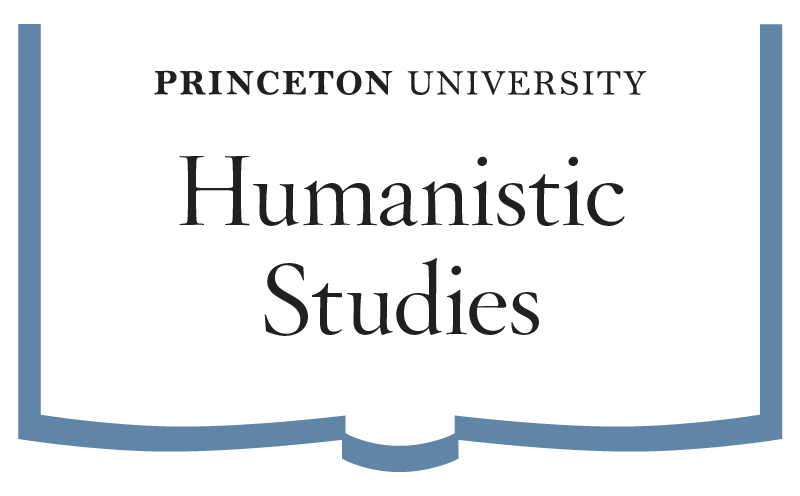I work on the history of emotions, family, and scriptural practices in Korea, from the late eighteenth to the twentieth century. My first manuscript, Kinship Novels of Early Modern Korea: Between Genealogical Time and the Domestic Everyday, looks into the rise and fall of the lineage novel (kamun sosŏl), which narrated the interstices of Korea’s kinship system and foregrounded the genealogical subject—a structure of identity defined by kinship obligation and understood as socialization of the emotional self. Lineage novels, which constituted the core of elite vernacular Korean literature and circulated between the late 17th and early 20th centuries, configure Korean kinship as a series of clashes between genders and generations, which produce unruly, violent emotions.
Ksenia Chizhova
Associate Professor of East Asian Studies













